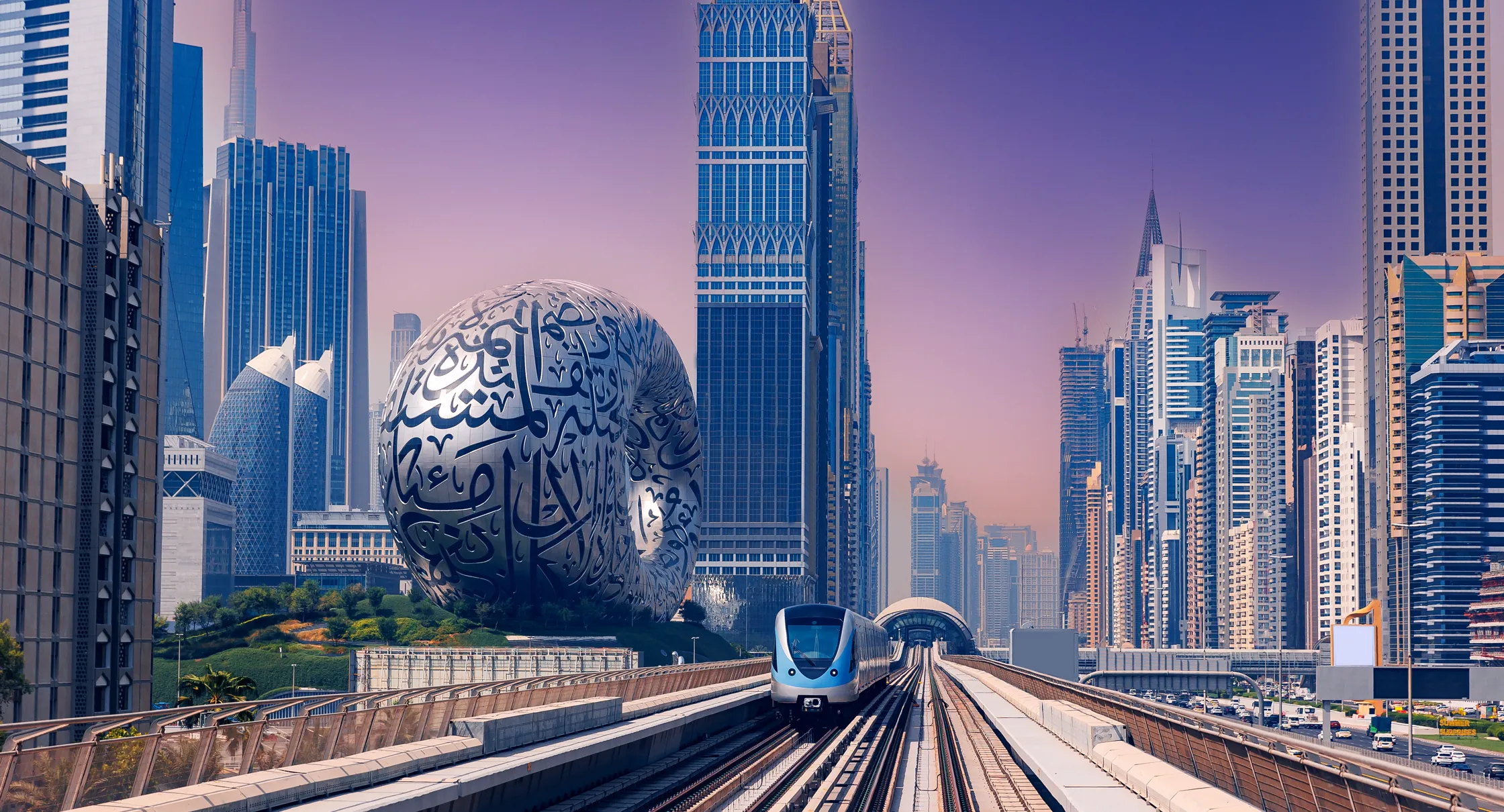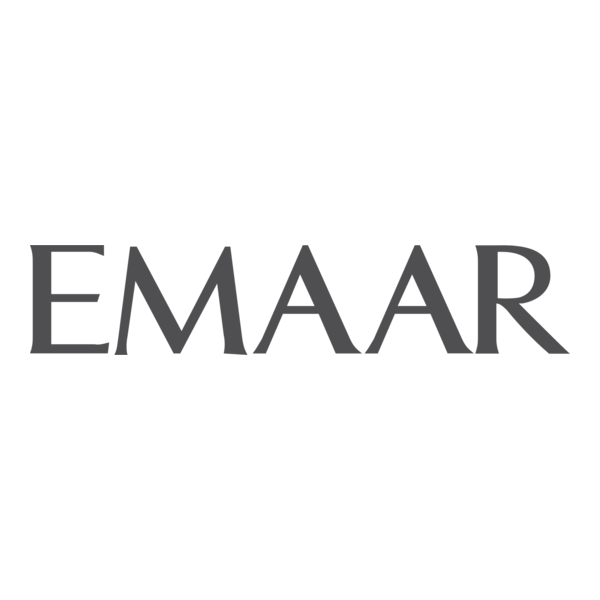Dubai Property Investment: Transport & Infrastructure Guide (2025)

How Dubai's transport system elevates property investment
The Roads and Transport Authority (RTA) manages Dubai's entire transport infrastructure, from the metro and buses to taxis and marine services. This robust infrastructure is a critical factor for Dubai property investment, enhancing accessibility and appeal for residents and tenants alike. A key feature of this integrated system is the Nol card, a contactless smart card used for payments across all public transport modes. The Nol card can also be used for RTA parking, entry to public parks, and at thousands of shops throughout the city.
There are several types of Nol cards, including standard Silver and Gold cards, a Personal Card, and a temporary Red Ticket for single journeys or daily passes. Recently, the minimum top-up for Nol cards was increased to AED 20, with a required minimum balance of AED 15 for a round trip on the metro. The RTA is also developing a digital Nol card system, expected to be fully operational by the end of 2025, further streamlining urban mobility crucial for residents and investors alike.
The Dubai Metro: A Cornerstone for Investment Properties
One of the world's most advanced driverless transit systems, the Dubai Metro is celebrated for its punctuality, cleanliness, and efficiency. It consists of two main lines, the Red and Green Lines, which connect key commercial and residential hubs like Downtown Dubai, Dubai Marina, and Dubai International Airport. This extensive connectivity significantly boosts the appeal and value of surrounding Dubai investment properties.
Trains are fully air-conditioned and offer stunning skyline views, with separate cabins for Gold Class (premium) and women and children. Fares are calculated based on the number of zones travelled, with options for standard and Gold Class tickets. A Nol card offers the most affordable rates, with a standard trip through one zone costing AED 3.
What future metro expansions mean for Dubai property investment
The RTA has announced the Dubai Metro Blue Line, an AED 18 billion project set to begin construction in 2024 and finish by 2029. This new 30-kilometre line will add 14 new stations, connecting areas like Mirdif, Dubai Silicon Oasis, and Dubai Creek Harbour directly to the existing network. The project is expected to reduce traffic congestion by 20% on its corridor and increase nearby property values by up to 25%, making it a key factor for Dubai property investment decisions.
Exploring Dubai by Bus and Tram for enhanced connectivity
Dubai’s bus network is extensive, covering approximately 82% of the city and serving areas not reached by the metro. With routes operating from early morning until late at night and some 24-hour services, buses are a vital and cost-effective mode of transport. This comprehensive coverage ensures excellent accessibility, which is crucial for tenants and consequently for Dubai investment properties. Fares start at just AED 3, paid via Nol card. The RTA continuously improves the network by adding new stations and routes to reduce travel times.
The Dubai Tram serves the coastal corridor, connecting popular areas like Dubai Marina, JBR, Palm Jumeirah, and Al Sufouh. It’s an ideal way to explore this scenic part of the city, with fares structured similarly to the metro and also paid with a Nol card. The tram operates from morning until 1:00 AM daily, further enhancing the lifestyle and appeal of Dubai Marina apartments and other waterfront residences.
What are the taxi and ride-hailing options
Taxis in Dubai are plentiful, easily recognisable, and available 24/7. You can hail one on the street or book via the Careem app. The fleet includes standard cabs, ladies and family taxis with female drivers, and limousine services for a more luxurious experience. Standard fares begin at AED 12, with a per-kilometre charge.
Private ride-hailing services like Uber and Careem are also popular, offering competitive pricing and convenient in-app payment options. Looking ahead, Dubai is pioneering futuristic transport, with plans to introduce driverless taxis to reduce accidents and launch flying taxi services by 2026, initially connecting Downtown Dubai, the airport, Dubai Marina, and Palm Jumeirah. These innovations further solidify Dubai's reputation as a forward-thinking city, appealing to Dubai property investment.
Driving in Dubai: Road Network and Costs
For those who prefer the flexibility of a private vehicle, Dubai's road network is modern and well-maintained, though traffic can be heavy during peak hours. A robust road network supports commercial activity and residential convenience, factors that underpin the long-term value of Dubai investment properties. Owning or renting a car involves several costs.
Key expenses for car ownership include:
- Registration: An initial fee of AED 380 with the RTA, plus annual renewals.
- Insurance: Mandatory, with costs typically ranging from 1.25% to 3% of the car’s value.
- Fuel: Prices are relatively low compared to global standards.
- Salik Tolls: An automated toll system charges AED 4 each time you pass through a gate. Two new Salik gates are set to open in November 2024 at Business Bay Crossing and Al Safa South to ease congestion, with their full impact on traffic flow and potentially on adjacent Downtown Dubai properties to be observed into 2025.
Car rentals are widely available, with monthly costs starting at around AED 1,700.
A Unique View: Marine Transport
For a different perspective of the city, Dubai's marine transport offers a scenic way to travel. The traditional Abra boats provide a charming journey across Dubai Creek for as little as AED 1, connecting the old districts of Deira and Bur Dubai.
The RTA also operates modern, air-conditioned water buses and the Dubai Ferry, which offers routes connecting locations like Dubai Marina, the Dubai Canal, and Al Ghubaiba. While slower than road transport, marine services provide a relaxing and picturesque alternative for sightseeing and commuting, enhancing the overall lifestyle appeal of areas like Dubai Marina for potential residents and supporting Dubai property investment decisions.
Get Your Free Dubai Investment Guide
What's Inside:
- ✓8+1 reasons international investors buy in Dubai
- ✓Market overview – the numbers you must know before investing
- ✓Off-plan vs Ready – what are the advantages?
- ✓Top 6 emerging locations for off-plan investment
- ✓Golden Visa – frequently asked questions answered
Your information is private. We never spam.







